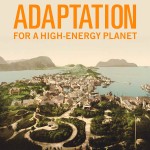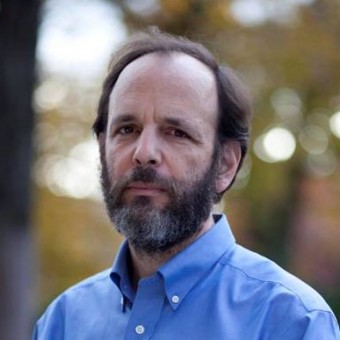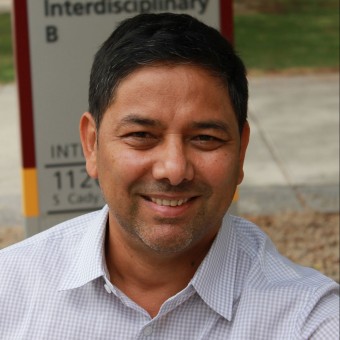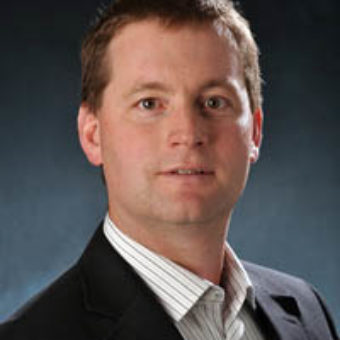Implementing Climate Pragmatism
Program Areas – Sustainability, Development
Political gridlock, ineffective policies, and unmet emissions targets continue to hamper the global response to climate change. The agreement reached in Paris in 2015 marked a new level of commitment from the international community to slow global warming, but there is currently no viable policy program for achieving the goals laid out in the agreement. And even if wildly successful in the important task of curbing carbon emissions, international agreements like the one inked in Paris can do little to address entrenched poverty, promote effective innovation efforts, or reduce communities’ vulnerability to climate-related hazards.
There is a robust and growing demand for a more pragmatic approach to the climate challenge. Powerful ideas for meeting this demand have been emerging for more than 15 years, and were articulated in two influential white papers, The Hartwell Paper and Climate Pragmatism. The starting point of this new approach is a commitment to human dignity and the potential for innovation to drive economic prosperity and protect the lives and livelihoods of billions of people. Driven by pragmatic and inclusive political strategies, this new framework builds on earlier work to focus on energy access, energy innovation, and climate adaptation.
With the generous support of the Nathan Cummings Foundation, ASU’s Consortium for Science, Policy & Outcomes worked with The Breakthrough Institute and Roger Pielke, Jr. at the University of Colorado Boulder to reshape the global agenda on climate change. In three path-breaking reports, we outline compelling new ways of thinking about and addressing core issues that have been neglected by traditional climate policies.
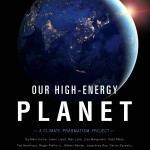 Our High-Energy Planet explores how a narrow focus on reducing carbon emissions has hindered efforts to alleviate the energy poverty that holds back socioeconomic development in many parts of the world. Unacceptably low targets for achieving “energy access” in places like sub-Saharan Africa and South Asia cannot meet the needs of people struggling to escape poverty. Responding to climate change in a way that doesn’t limit the prospects of the world’s poor requires embracing a high-energy planet. The way we produce and use energy will become increasingly clean not by limiting its consumption, but by using that energy to unleash human ingenuity in support of innovating toward an equitable, low-carbon global energy system.
Our High-Energy Planet explores how a narrow focus on reducing carbon emissions has hindered efforts to alleviate the energy poverty that holds back socioeconomic development in many parts of the world. Unacceptably low targets for achieving “energy access” in places like sub-Saharan Africa and South Asia cannot meet the needs of people struggling to escape poverty. Responding to climate change in a way that doesn’t limit the prospects of the world’s poor requires embracing a high-energy planet. The way we produce and use energy will become increasingly clean not by limiting its consumption, but by using that energy to unleash human ingenuity in support of innovating toward an equitable, low-carbon global energy system.
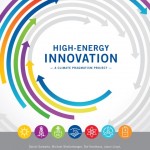 High-Energy Innovation finds that most of the innovation in clean energy technologies needed to combat climate change will occur in rapidly industrializing countries rather than developed nations. Wealthy, technologically advanced countries like the United States can offer funding and tech know-how, but most of the critical advances in energy production, storage, distribution, and consumption will occur in the developing world, where demand is growing the fastest. This report maps out a global landscape for clean energy innovation that has never been more fertile; in order to capitalize on it and accelerate the pace toward which the world moves toward a low-carbon energy system, much greater international collaboration is needed.
High-Energy Innovation finds that most of the innovation in clean energy technologies needed to combat climate change will occur in rapidly industrializing countries rather than developed nations. Wealthy, technologically advanced countries like the United States can offer funding and tech know-how, but most of the critical advances in energy production, storage, distribution, and consumption will occur in the developing world, where demand is growing the fastest. This report maps out a global landscape for clean energy innovation that has never been more fertile; in order to capitalize on it and accelerate the pace toward which the world moves toward a low-carbon energy system, much greater international collaboration is needed.
Adaptation for a High-Energy Planet looks to successful adaptations that have helped communities around the world protect lives and livelihoods in the face of natural disasters. In order to continuously reduce the toll caused by weather-related disasters, much greater attention must be paid to innovative adaptation. Rather than focusing on climate hazards like storms and droughts (and whatever increases in magnitude or frequency climate change may cause), this report finds that reducing exposure and vulnerability to climate variability and other extremes is the most effective way to increase resilience, support socioeconomic development, and help communities thrive in an ever-changing world.
Use the links above for more information and to read each of the reports. For questions about the Implementing Climate Pragmatism project or to request additional materials, contact Jason Lloyd at [email protected].
Partners
- Arizona State University’s Consortium for Science, Policy & Outcomes
- The Breakthrough Institute
- Roger Pielke, Jr., Professor of Environmental Studies and Fellow, Cooperative Institute for Research in Environmental Sciences (CIRES), University of Colorado Boulder
Sponsor
Meet the Project Team
Principal Investigators
Additional Team Members
